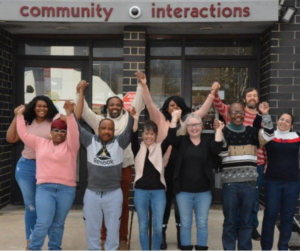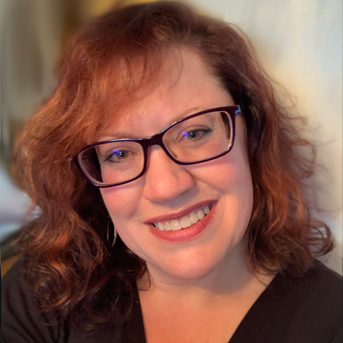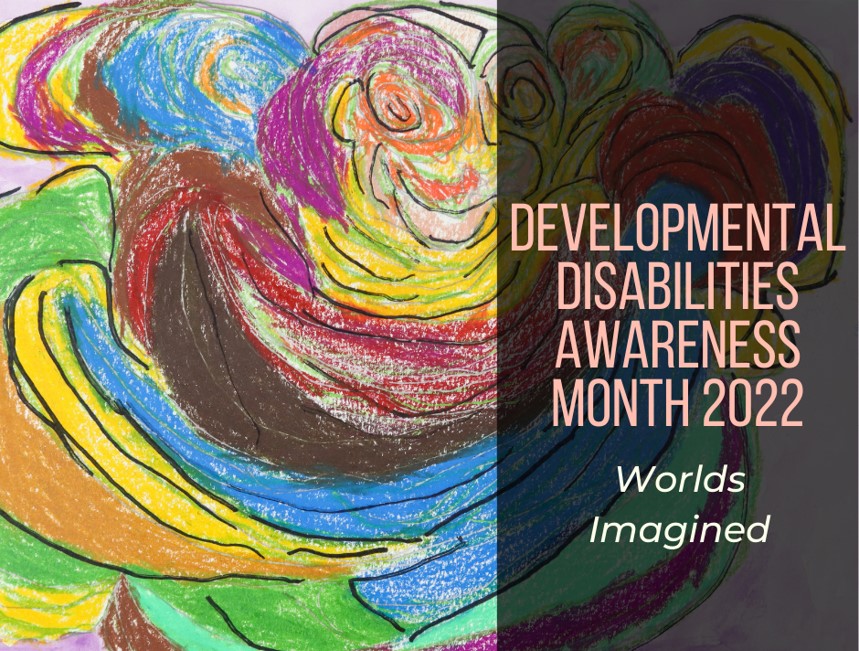Do you or does someone in your life have a developmental disability (DD)? DDs are a group of physical, learning, language, or behavior conditions that impact development. The symptoms of the condition must be present in childhood years to be considered a DD and are expected to be present for life. Common DDs include cerebral palsy, autism spectrum disorder, intellectual disability, Down syndrome, and blindness.
March is Developmental Disabilities Awareness Month in the United States, and WRAP can be used by anyone with a DD to live their best life. There is even a WRAP book focused on this: WRAP for People with Developmental Distinctions.
In the United States alone, around 17 percent of children aged 3 through 17 years have at least one DD. The numbers among adults are likely much higher, as many people with DD aren’t diagnosed until adulthood—or are never officially diagnosed.
My daughter has multiple DDs including autism and cognitive disabilities. What I didn’t realize until researching this article is that I have one, but wasn’t diagnosed until my 40s, as my attention deficit hyperactivity disorder (ADAD) is classified as a DD. Life is full of surprises!
Because my daughter has DDs, she needed my help creating a WRAP, daily plan, and crisis plan. I made sure her ideas and wishes were the focus. But I helped her come up with ideas by asking questions she would understand and writing down the plan for her.
Those with a severe DD may need professional or personal caregivers (such as family members, friends, partners, or staff) to help them create their WRAP and achieve their desired wellness. But the individual with DD, not the caregivers, should be the one to define wellness for themselves and to choose the daily tools they want to use. Wellness is a desire and a right for everyone, no matter their life circumstance. And the definition of wellness is personal. My definition of wellness is nothing like my daughter’s, and that is okay!
After creating a WRAP with my daughter, I shared her crisis plan with her residential care provider. This way, they can look for early warning signs of a crisis, and alert me, then I can talk with her care providers. We can then all strategize ways to help prevent things from breaking down and hopefully prevent a crisis, which, for her, can mean hospitalization.
Having her crisis plan in place has reduced the need for emergency room visits and psychiatric inpatient stays. It has also helped her caregivers know what to do when things are breaking down. Having a Crisis Plan on the Go filled out allows her care team to have it available. This gives me peace of mind! Other parents of children with DDs, or adults with DDs who have caregivers, may want to do the same.
Community Inclusion
The goal of Developmental Disabilities Awareness Month is to raise awareness about the inclusion of people with DDs in all facets of community life, as well as awareness of the barriers that people with DDs still sometimes face in connecting to their communities.
As one example of community inclusion, my daughter participates in a musical theater company for adults with disabilities run by the University of Utah. Participants rehearse their hearts out all year and then perform the show for the community (sells out every time!) in a beautiful theater in the heart of downtown Salt Lake City.
It’s an amazing opportunity for these adults to participate in community theater, share their talents with others, build a supportive community, and have an exciting life moment to treasure. It also incorporates the key concepts of WRAP, such as personal responsibility, education, and support. And it gives them a network of supporters!
As another example, Lynn Miller, WRAP Facilitator at Advocates for Human Potential, Inc. (AHP), recently presented WRAP training to intellectual disabilities (ID) residential service provider Community Interactions.
This training certified new WRAP Facilitators who now can teach WRAP concepts to the people they serve. Participants were supervisory and management staff and one individual with ID who both receives services and works there. The staff will be embedding WRAP into their one-on-one interactions with those they serve and as a staff wellness workplace training.
Quotes from participants follow the photo of the new Facilitators.

“My coursework through my original WRAP training and then the subsequent WRAP Facilitator Training was an invaluable experience both personally and professionally. It gave us the tools to support ourselves first and then others. In the IDD field this is essential in providing support to the individuals we have the privilege to work with. The training guided us on how to help keep the individuals safe while helping them find their voice and in turn increasing their independence. This greatly improves their quality of life which is our ultimate goal.” —Chris Lynn, WRAP Facilitator
“WRAP provided stability for me. In this crazy pandemic time, things have become so overwhelming, and you can easily feel defeated and over worked. WRAP has allowed me to know and notice my triggers. By knowing this I can process better or avoid the trigger all together.” —Aisha Rice, WRAP Facilitator
In closing, take a minute to look closely at the image at the top of this article. Each year a different artist with DD has their art featured to promote the month. This year’s artist is Calvin “Sonny” Clarke. Art is another wonderful wellness tool for people with DD to express their feelings and ideas.
WRAP is for everyone, no matter their life challenges, so bless others by sharing it with those in your life who have a DD!

WRAP Associate at Advocates for Human Potential, Inc.






